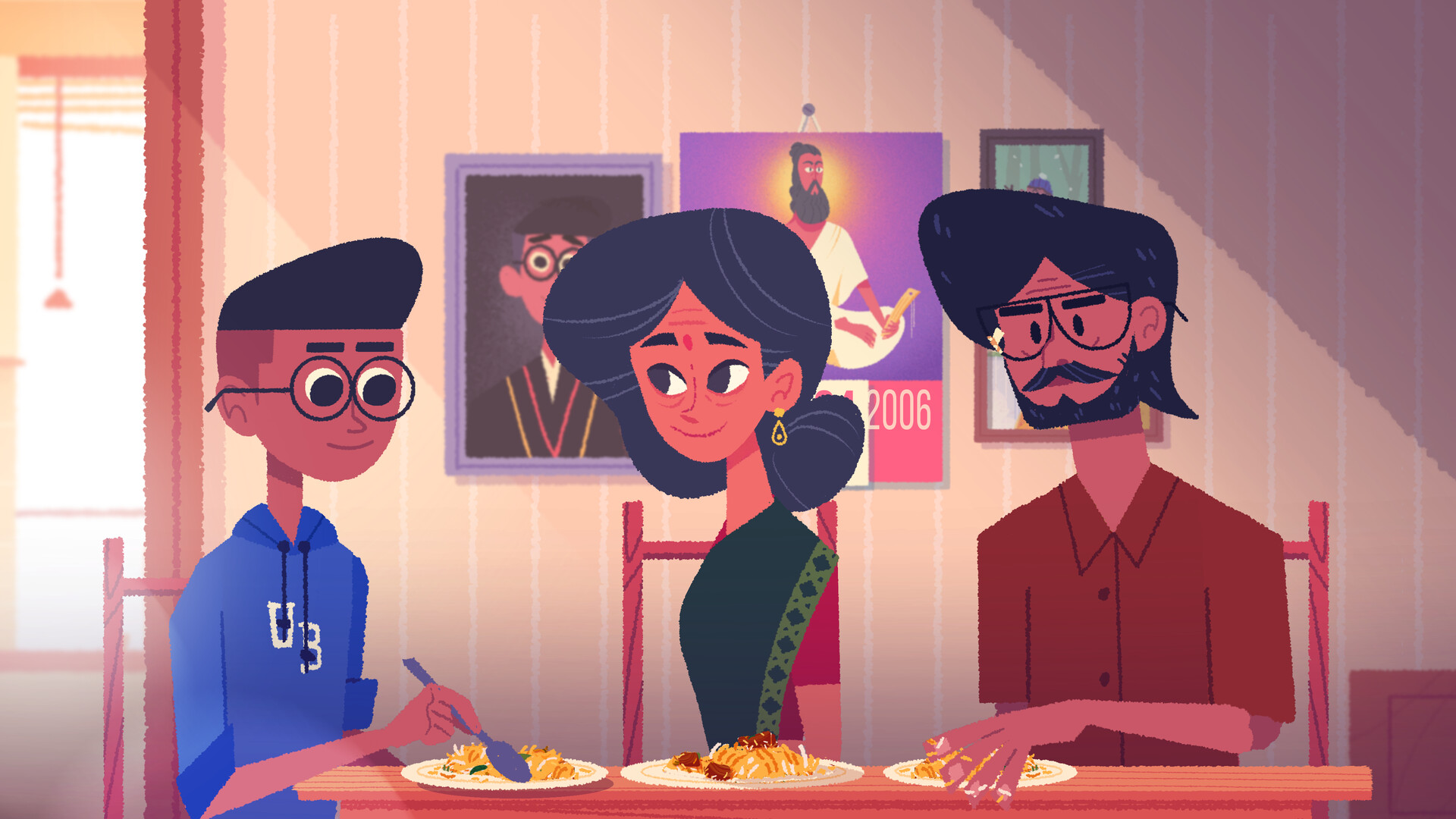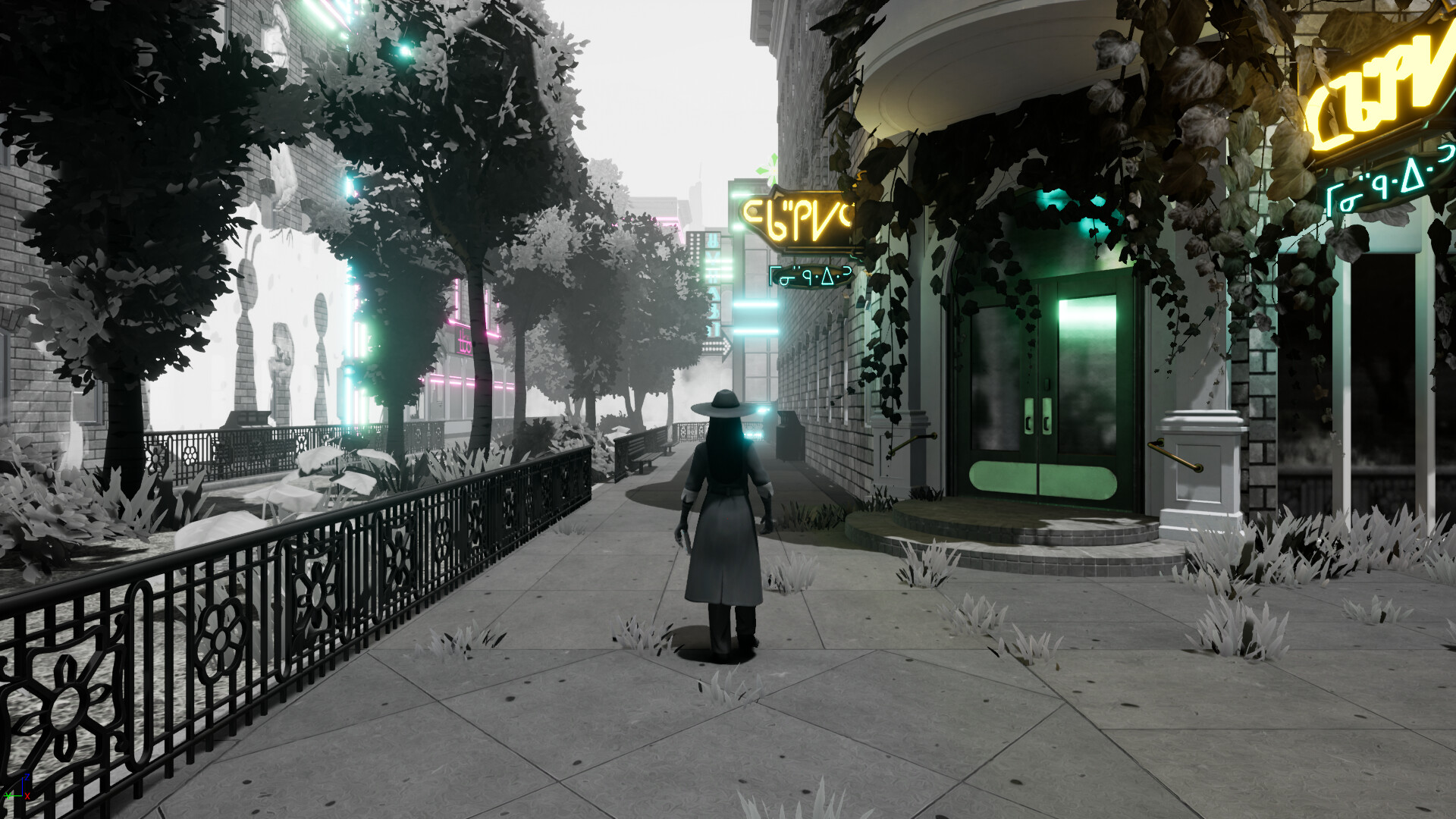Game Devs of Color Expo is a shining example of why devs should be able to tell their own stories
Games are richer when developers can share their own experiences

Sign up for breaking news, reviews, opinion, top tech deals, and more.
You are now subscribed
Your newsletter sign-up was successful
Game Devs of Color Expo 2023 (GDoCExpo 2023) is an expo like no other. Seeing every developer featured in panels, interviews, and talks being people of color (and nearly all queer people of color no less!) is something that’s rarely seen in industry events, whether gaming or tech.
This is despite the fact that culture, ethnicity, race, and all lived experiences culminating from those other factors have a huge impact on how we perceive and experience games, as well as how we approach all aspects of gaming development. These factors cannot be separated, yet they are often seen as “other” and “political,” to the point that those with the most privilege in the game industry willfully ignore them.
There’s even a major trend that when media, including video games, features protagonists and casts that are not all white and majority male it’s suddenly labeled as “woke” and “political,” with the former term being appropriated African American vernacular English (AAVE) that’s been twisted to near slur levels. While the trend has only recently gained traction, it’s been long codified by the gaming industry which has historically featured a stock white male “everyman” hero across the majority of video games.
Thankfully, there have been significant efforts from People of Color (PoC) in the indie scene that have fought against these harmful narratives and beliefs. As such, there are many examples of games that benefit from having marginalized developers, allowing them to tell stories drawn from their own vital perspectives - many of which have been featured in GDoCExpo.
Sucker for Love: Date to Die For, is a great example of this, and follows on from the original Lovecraftian horror dating sim First Date. As outlined by creator Joseph "Akabaka" Hunter during my own interview with him, the intention was to make a protagonist that was both a woman of color and queer with mechanics and a plot designed around her identity. Hunter also intended to include other horror tropes and storytelling based on real-life experiences of Black people (i.e., Sundown Towns). This is especially significant considering the famously bigoted origins of Lovecraftian horror in the first place.
Another title featured in 2023’s expo, Hill Agency: PURITYdecay, also enlightens us on how an Indigenous viewpoint can completely change how we see sci-fi settings. Instead of the very Western “clean” aesthetic that’s become synonymous with the post-post-apocalyptical future, this game’s world has nature completely intertwined with the architecture. Buildings have also been reappropriated and made more sustainable for families to live in, defying the Western capitalist notion of housing developed solely for profit.

There are plenty more, such as the recently released El Paso, Elsewhere by Xalavier Nelson, which tells of a Black vampire hunter and how he grapples with grief and trauma as he sets out on a mission to kill his ex: the Queen of all vampires. Nelson specifically delved into how Black men are forced to suppress certain emotions, especially those tied to grief and heartbreak, to better fit the mold of how they’re seen in society.
Sign up for breaking news, reviews, opinion, top tech deals, and more.
On the softer and more grounded end of the spectrum are Venba and A Taste of the Past, two cooking games that celebrate Asian culture through their cuisine, though the latter also deals with grief and the trauma that comes from it. Thirsty Suitors is also generously infused with important cultural touchstones, all expressed through turn-based battles, skateboarding, and cooking.
On the flip side, we can also see recent examples of when games were made without input and creative direction from marginalized people. For instance, the now infamous discourse surrounding Square Enix’s Final Fantasy 16 unfolded in two parts. The first was the intentional exclusion of Black people and other people of color from the game, despite how anti-historical that was. The second was the atrocious handling of slavery in the game, which has been extensively documented. But it can mainly be summarized as using the horrifying practice as mere storytelling window dressing with zero nuance and then discarding it for a “fight god” plotline near the end.
Another more general and pervasive issue is how Black hair — specifically 4c hair — is handled in gaming. For the most part, not well. But infamous examples include the lack of black hair options in character customization (barring the “funny” oversized afro), Black hairstyles that don’t accurately use the proper texture but instead are repurposed straight hair textures, not to mention the Sims 4 concept artist that used cauliflower as a reference for an afro hairstyle.
As with most other industries, the gaming industry has historically been intertwined with colonialistic tropes that present Whiteness and Westerness as the norm and ideal. And when racial, cultural, and ethnic aspects are reproduced without any input from those groups, it’s instead often used as a window dressing with little in the way of depth or thought. This is where the concept of marginalized identities being seen as “other,” “political,” and “woke” originated from, and it’s one that hamstrings the gaming industry to this day.
The reality is far richer. Looking at the indie scene, when PoC are at the forefront of gaming development and can express their own lived experiences, you have a product that’s far more accurate and authentic to the lived experiences of a range of races, cultures, and ethnicities. It creates a richer and more diverse experience, one that not only speaks true to the developers themselves but to the audience as well.
Looking for more great games to play? Check out the best games from GDoCExpo 2023, as well as our lists of the best story games and the best single-player games.

Named by the CTA as a CES 2023 Media Trailblazer, Allisa is a Computing Staff Writer who covers breaking news and rumors in the computing industry, as well as reviews, hands-on previews, featured articles, and the latest deals and trends. In her spare time you can find her chatting it up on her two podcasts, Megaten Marathon and Combo Chain, as well as playing any JRPGs she can get her hands on.